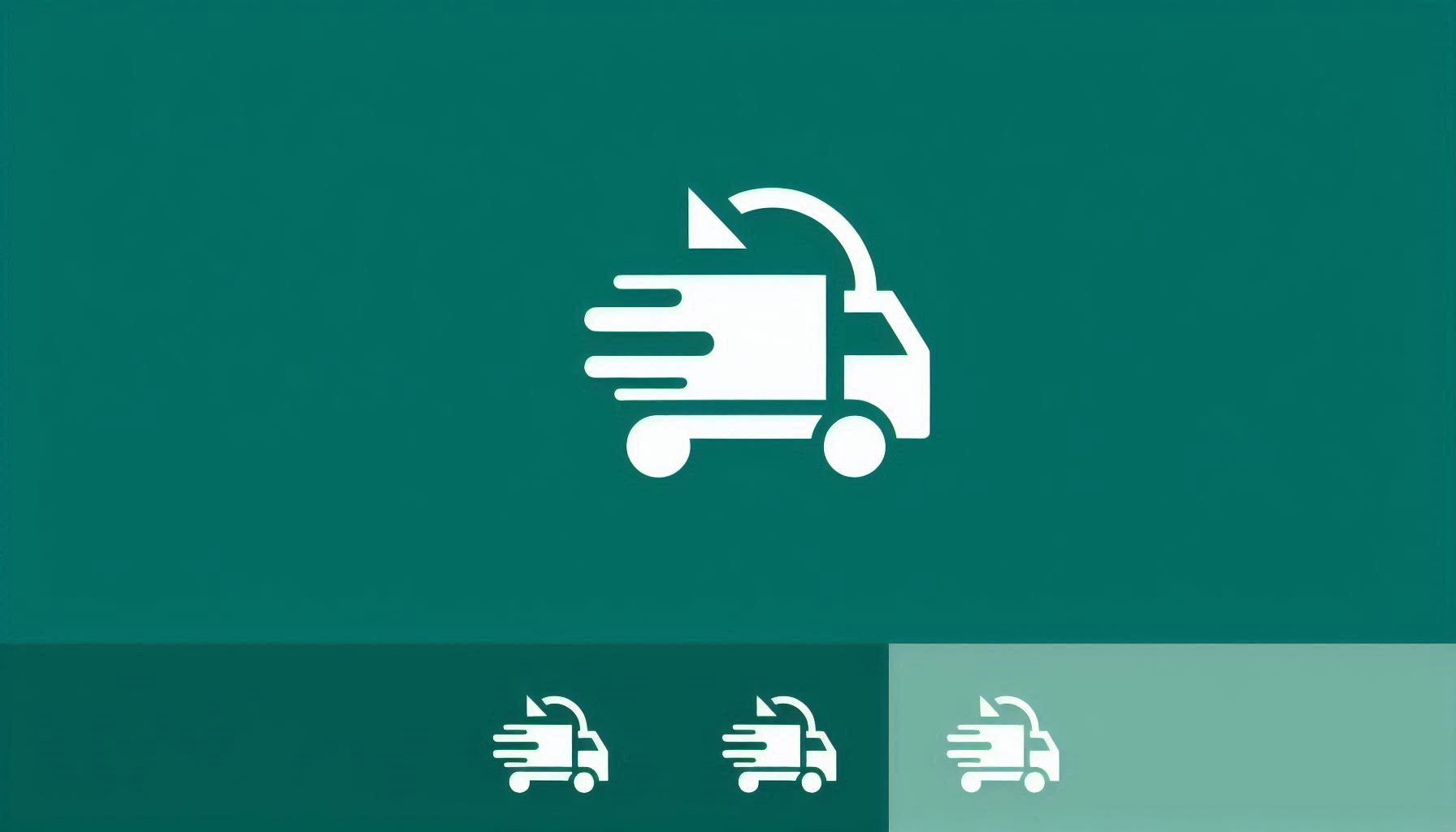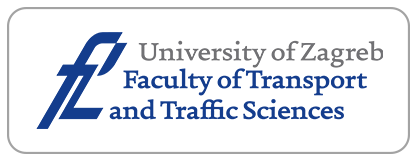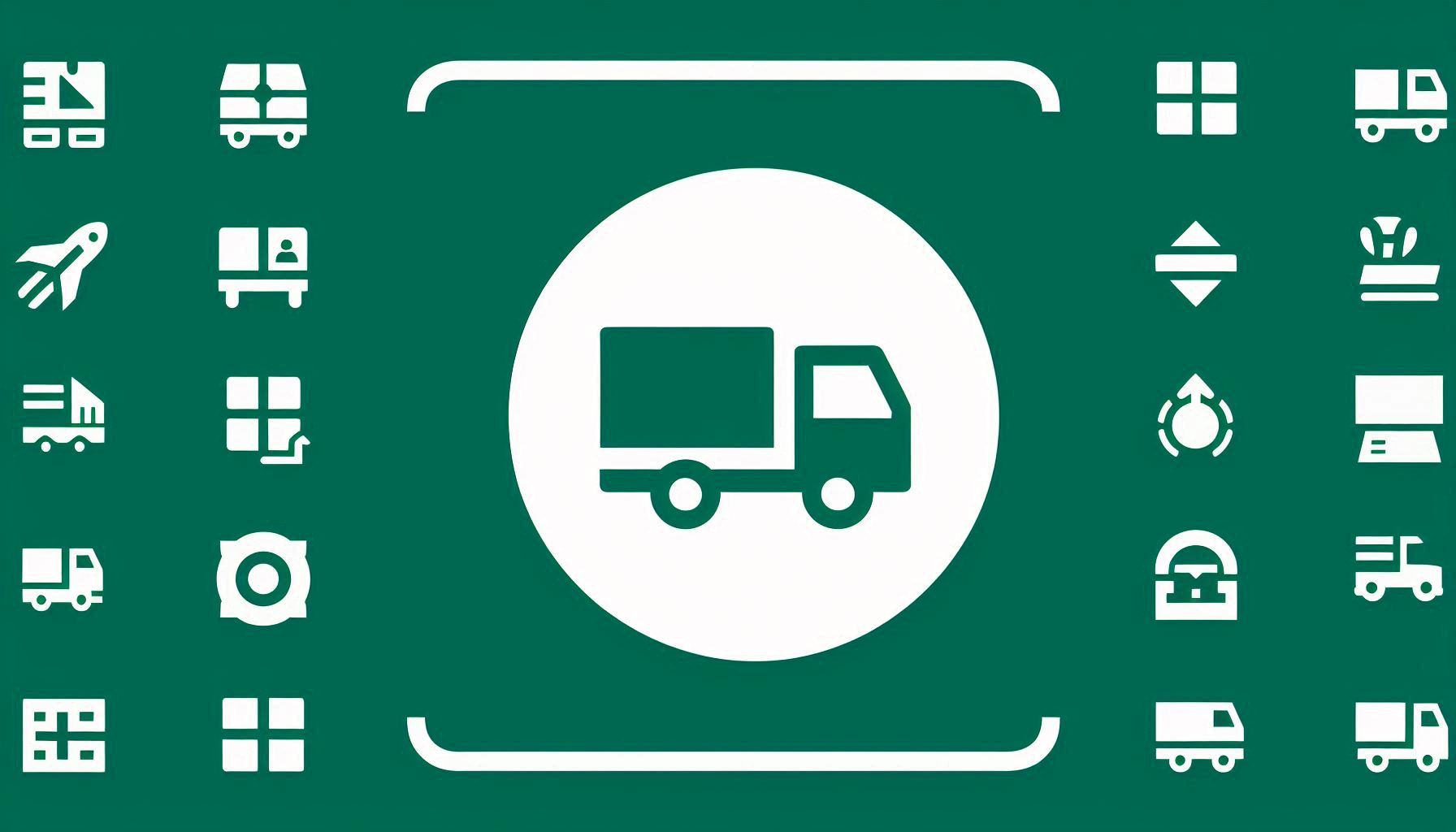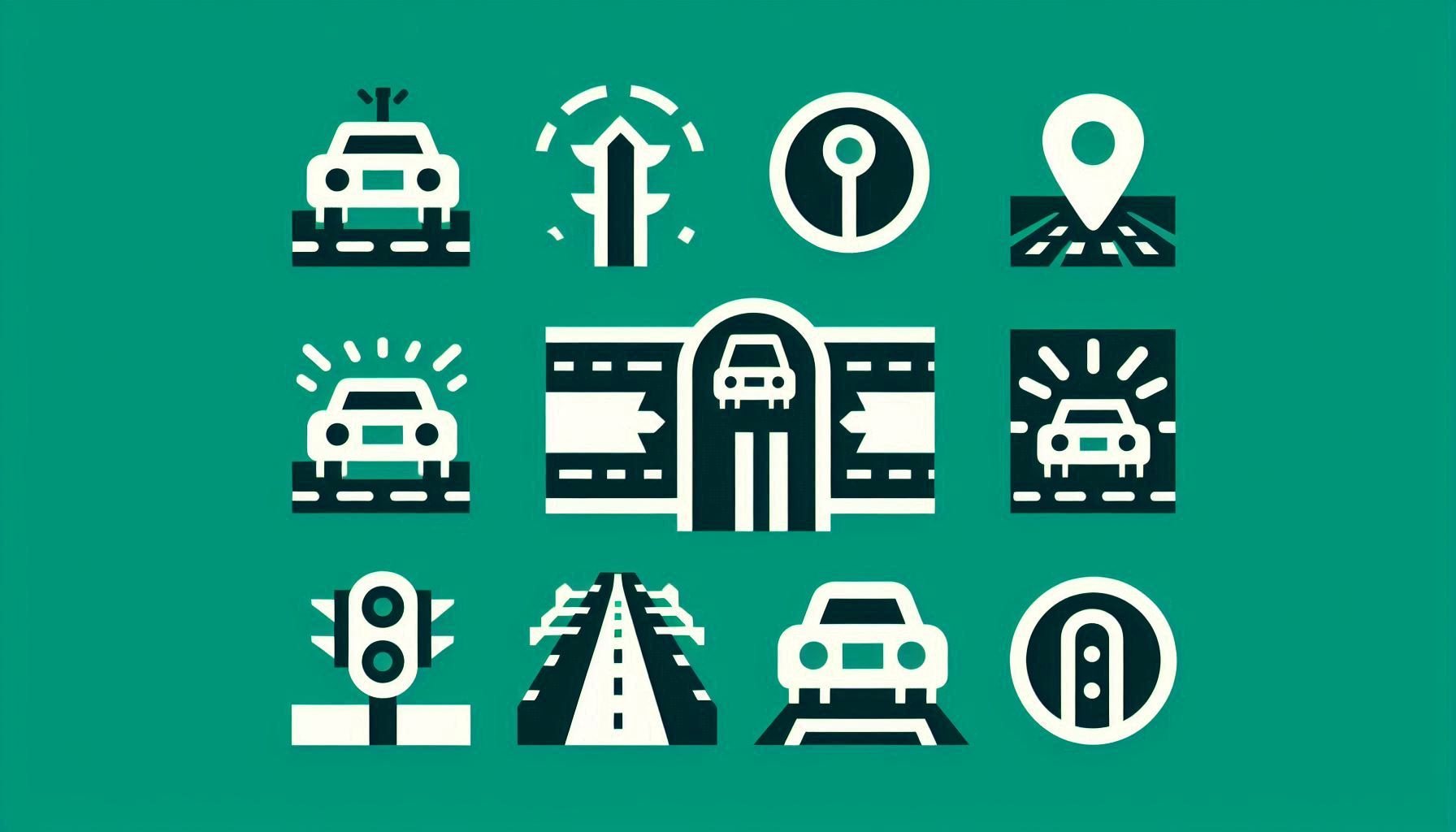Methodology of Choosing the Most Eco-Friendly Waste Collection Truck

Downloads
The waste collection in the territory of urban agglomerations, as a part of city logistics approaches, has become one of the key topics due to growing demands for logistic operations in cities burdened by high traffic volumes, worsening the quality of life and the environment in cities. Congested traffic ails České Budějovice, especially during peak hours. Congestions should partially be avoided by the planned construction of new roads to divert transit traffic from the city centre. Despite these remedial measures, the current transport and logistic situation requires further improvement. The paper focuses on waste collection, which significantly affects the traffic flow in České Budějovice. Currently, the city uses costly CNG-propelled trucks, which release a lot of harmful emissions. The paper aims to consider and evaluate new approaches to waste collection that could work in compliance with ecological principles and sustainable urban development of cities. This matter embraces waste collection trucks propelled by hydrogen, electricity, biogas and CNG. In other words, the decision needs to be made on whether it makes sense to invest in up-to-date and sustainable technologies to fuel waste collection trucks in a territory under investigation. To this end, multicriteria decision-making methods are applied, namely, Saaty and Fuller methods – to quantify the criteria weights, and the PROMETHEE and the ORESTE methods – to identify a compromise (ideal) variant. The findings encompass the decision-making process and a draft methodology concerning the determination of rank of the considered waste collection trucks based on relevant criteria set identified by the expert evaluation.
Downloads
Cattaruzza D, et al. Vehicle routing problems for city logistics. EURO Journal on Transportation and Logistics. 2017;6(1):51-79. DOI: 10.1007/s13676-014-0074-0.
Gonzalez-Feliu J. Models and methods for the city logistics: The two-echelon capacitated vehicle routing prob-lem. PhD thesis. Politecnico di Torino, Italy; 2008.
Taniguchi E, van der Heijden RECM. An evaluation methodology for city logistics. Transport Reviews. 2010;20(1):65-90. DOI: 10.1080/014416400295347.
Crainic TG, Ricciardi N, Storchi G. Models for evaluating and planning city logistics systems. Transportation Science. 2009;43(4):407-548. DOI: 10.1287/trsc.1090.0279.
Fedorko G, et al. Application of simulation model in terms of city logistics. Proceedings of the 20th International Scientific on Conference Transport Means 2016, 5-7 Oct. 2016, Juodkrante, Lituania. 2016. p. 169-174.
Ruesch M, et al. Sustainable goods supply and transport in conurbations: Freight strategies and guidelines. Procedia - Social and Behavioral Sciences. 2012;39:116-133. DOI: 10.1016/j.sbspro.2012.03.095.
Sommerauerová D, Chocholáč J, Urbanová K. Sustainable green city logistics solution for the Prague agglomeration and retail chain. Perner’s Contact. 2020;15(2). DOI: 10.46585/pc.2020.2.1644.
Petro F, Konečný V. Calculation of external costs from production of direct and indirect emissions from traffic operation. Transportation Research Procedia. 2019;40:1162-1167. DOI: 10.1016/j.trpro.2019.07.162.
Allen J, et al. The role of urban consolidation centres in sustainable freight transport. Transport Reviews. 2012;32(4):473-490. DOI: 10.1080/01441647.2012.688074.
Browne M, et al. Urban freight consolidation centres: Final report. Transport Studies Group. University of Westminster, UK; 2005. https://ukerc.rl.ac.uk/pdf/RR3_Urban_Freight_Consolidation_Centre_Report.pdf [Accessed 25 July 2021].
Song L, et al. Environmental benefits of using new last-mile solutions and using electric vehicles in China. Transportation Research Record. 2023;2678(1):473-489. DOI: 10.1177/03611981231171149.
Duangekanong S. Determining behavioral intention of logistic and distribution firms to use electric vehicles in Thailand. Journal of Distribution Science. 2023;21(5):31-41. DOI: 10.15722/jds.21.05.202305.31.
Sierpiński G, et al. Challenges related to the implementation and development of electromobility in cities. Springer Proceedings in Business and Economics. TranSopot Conference 2019, 27-29 May 2019, Sopot. 2021. p. 203-213. DOI: 10.1007/978-3-030-50010-8_18.
Van Duin JHR, Quak H, Muñuzuri J. New challenges for urban consolidation centres: A case study in The Hague. Procedia - Social and Behavioral Sciences. 2010;2(3):6177-6188. DOI: 10.1016/j.sbspro.2010.04.029.
Lindholm M, Behrends S. Challenges in urban freight transport planning – A review in the Baltic Sea Region. Journal of Transport Geography. 2012;22:129-136. DOI: 10.1016/j.jtrangeo.2012.01.001.
Fu J, Jenelius E. Transport efficiency of off-peak urban goods deliveries: A Stockholm pilot study. Case Studies on Transport Policy. 2018;6(1):156-166. DOI: 10.1016/j.cstp.2018.01.001.
Justiani S, Wibowo B. The economic and environmental benefits of collaborative pick-up in urban delivery systems. LOGI – Scientific Journal on Transport and Logistics. 2022;13(1):245-256. DOI: 10.2478/logi-2022-0022.
Lasota M, et al. Method for delivery planning in urban areas with environmental aspects. Sustainability. 2024;16:1571. DOI: https://doi.org/10.3390/su16041571.
Baric D, Zeljko L. Multi-criteria decision-making on road transport vehicles by the AHP method. The Archives of Automotive Engineering – Archiwum Motoryzacji. 2021;94(4):17-26. DOI: 10.14669/AM.VOL94.ART2.
Samson-Bręk IA, Matuszewska A. Possibilities of reducing greenhouse gas emissions in agriculture on the example of a biogas plant. The Archives of Automotive Engineering – Archiwum Motoryzacji. 2019;86(4):127-142. DOI: 10.14669/AM.VOL86.ART9.
Gorzelanczyk, P. Analysis of the logistics process of waste transport in the city of Pila (The case study from Poland). LOGI – Scientific Journal on Transport and Logistics. 2021;12(1):46-57. DOI: 10.2478/logi-2021-0005.
Saaty TL. Decision making for leaders: The analytic hierarchy process for decisions in a complex world. RWS Publications. Pittsburgh, Pennsylvania, USA; 1990.
Saaty TL. Decision making with the analytic hierarchy process. International Journal of Services Sciences. 2008;1(1):83-98. DOI: 10.1504/IJSSci.2008.0175.
Saaty TL, Vargas LG, Wendell RE. Assessing attribute weights by rations. Omega – International Journal of Management Science. 1983;2(1):9-13.
Tucki K, et al. The Impact of Fuel Type on the Output Parameters of a New Biofuel Burner. Energies. 2019;12,1383. DOI: 10.3390/en12071383.
Paisarnvirosrak N, Rungrueang P. Firefly algorithm with tabu search to solve the vehicle routing problem with minimized fuel emissions: Case study of canned fruits transport. LOGI – Scientific Journal on Transport and Logistics. 2023;14(1):263-274. DOI: 10.2478/logi-2023-0024.
Hren R, et al. Hydrogen production, storage and transport for renewable energy and chemicals: An environmental footprint assessment. Renewable and Sustainable Energy Reviews. 2023;173,113113. DOI: 10.1016/j.rser.2022.113113.
Fattah MdA, et al. Environmental and economic benefits of CNG conversion on three-wheelers in a developing city, Khulna, Bangladesh. Transportation Engineering. 2023;13,100199. DOI: 10.1016/j.treng.2023.100199.
Copyright (c) 2025 Ondrej STOPKA, Vladimir ĽUPTÁK, Maria STOPKOVÁ, Branislav ŠARKAN, Jaroslav MAŠEK

This work is licensed under a Creative Commons Attribution-NonCommercial 4.0 International License.




















